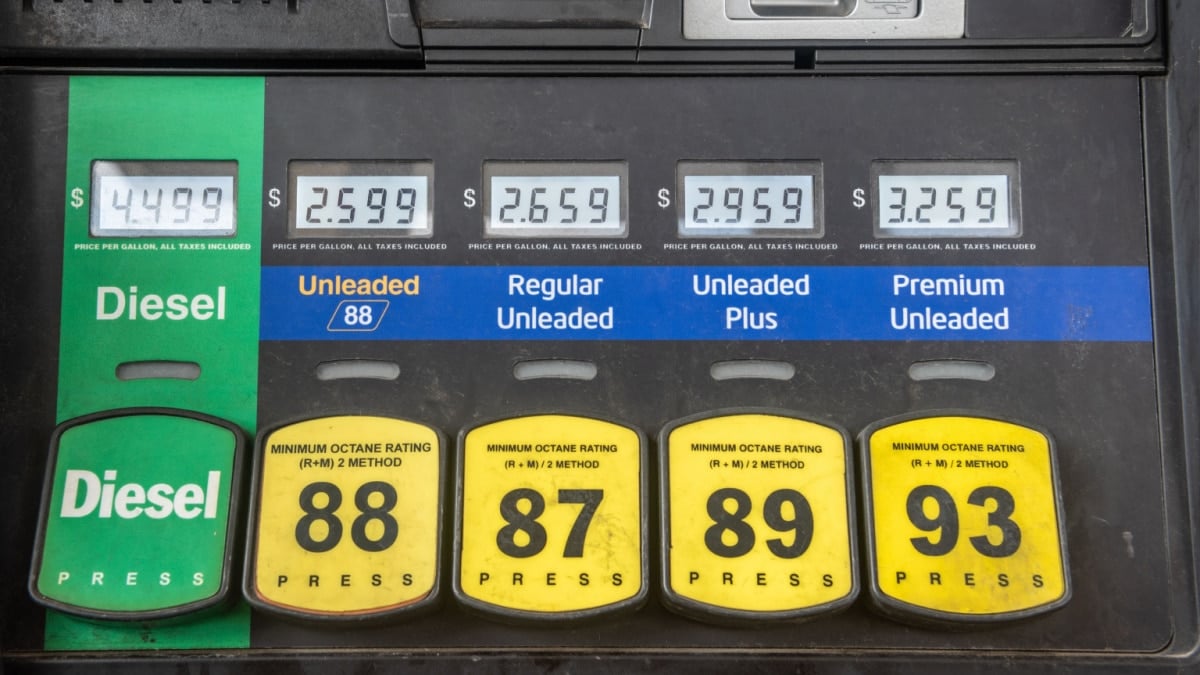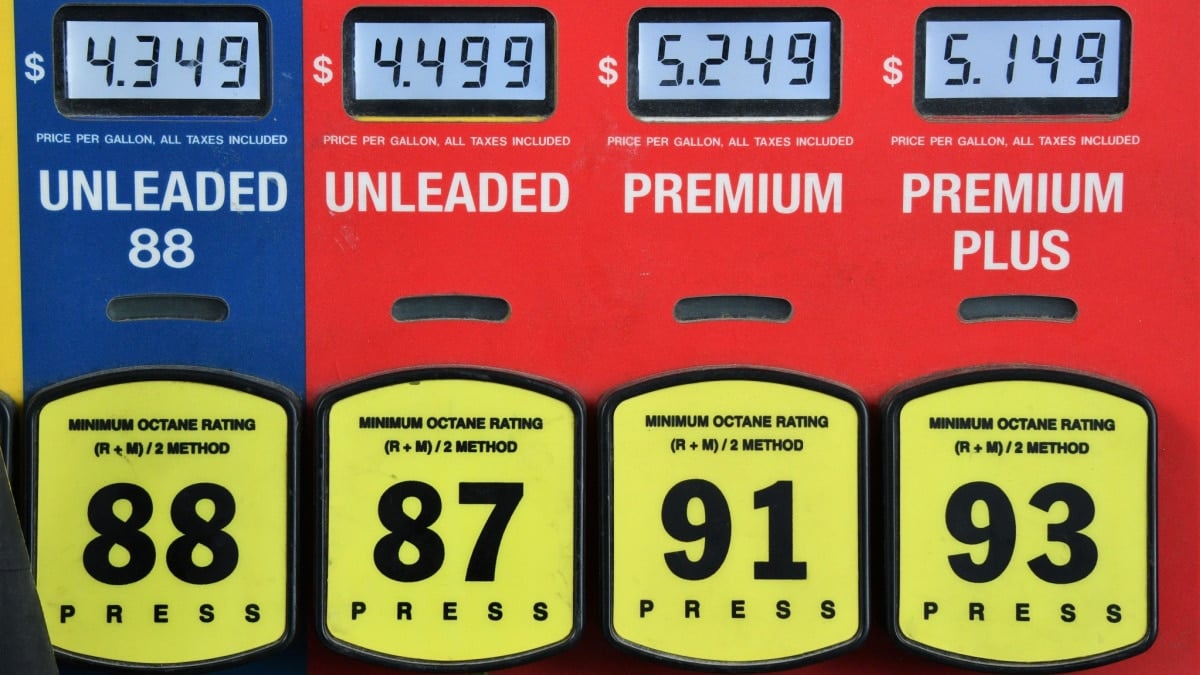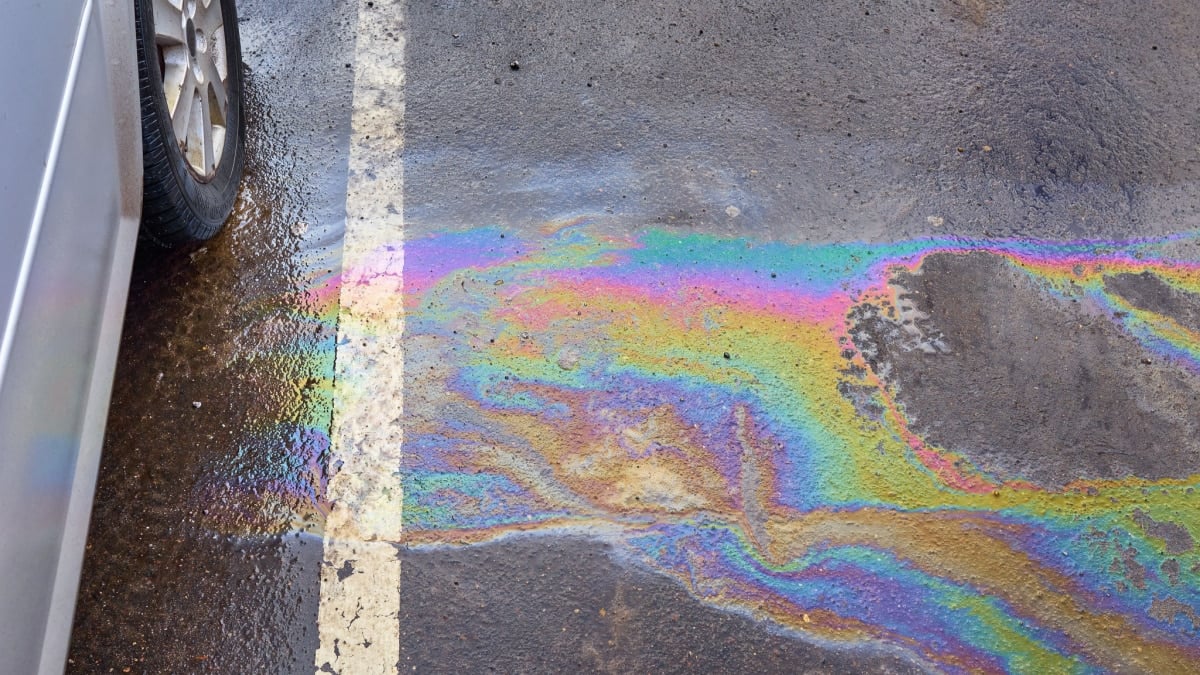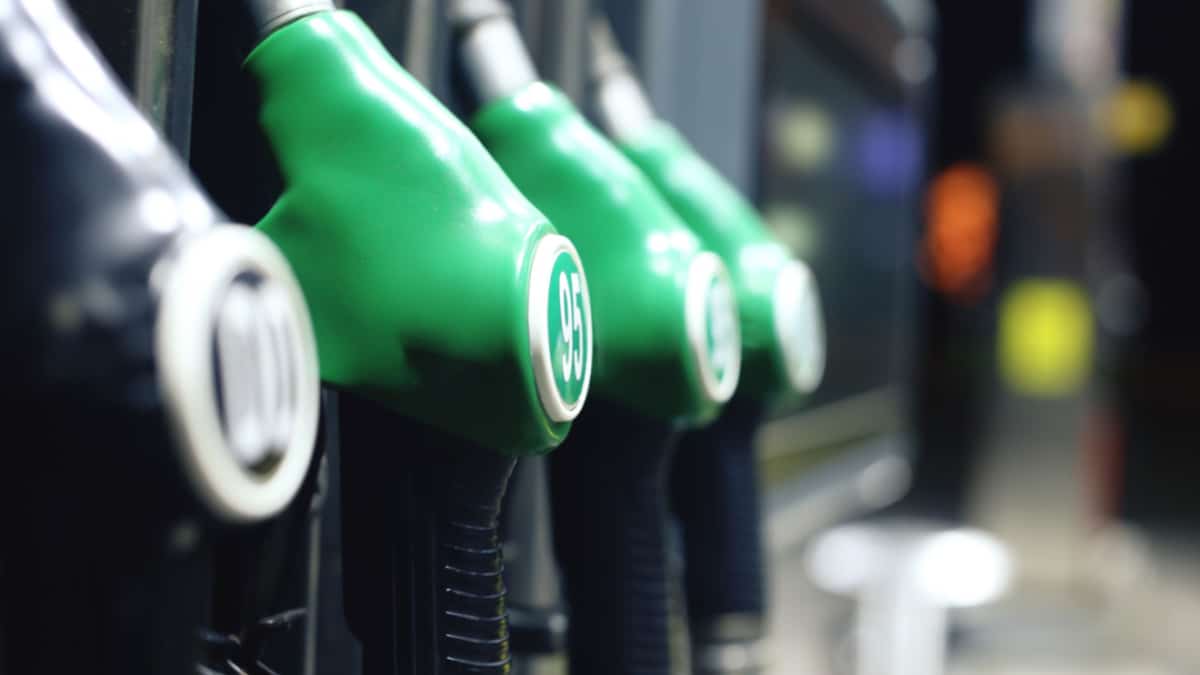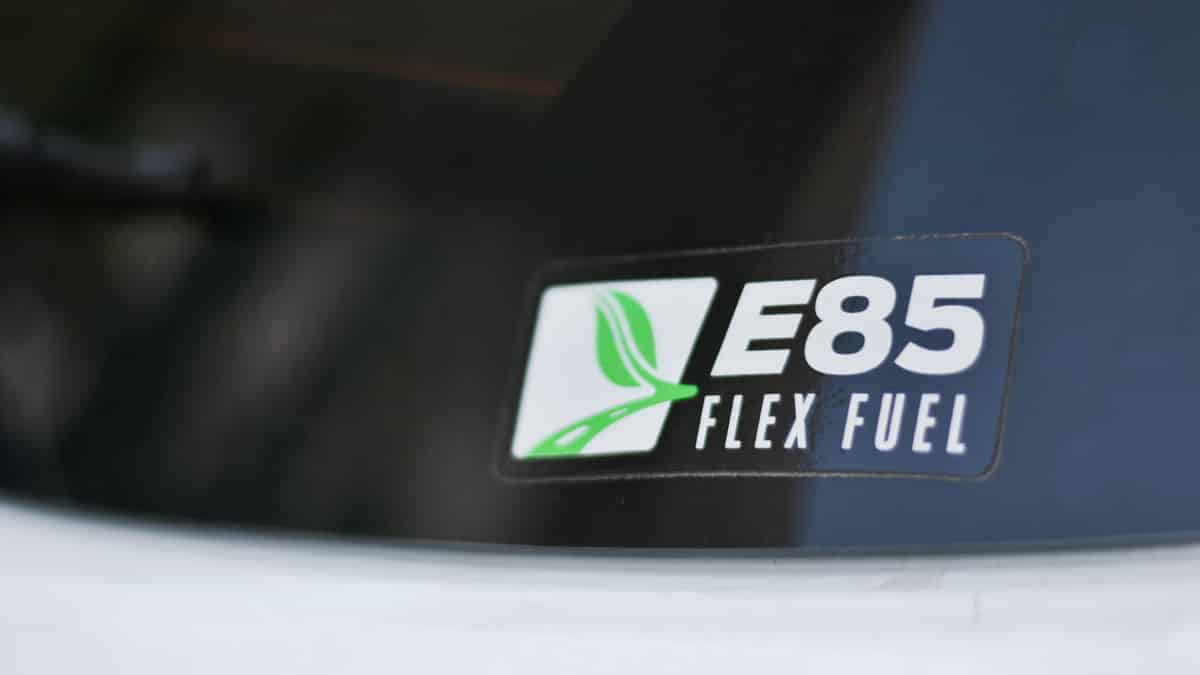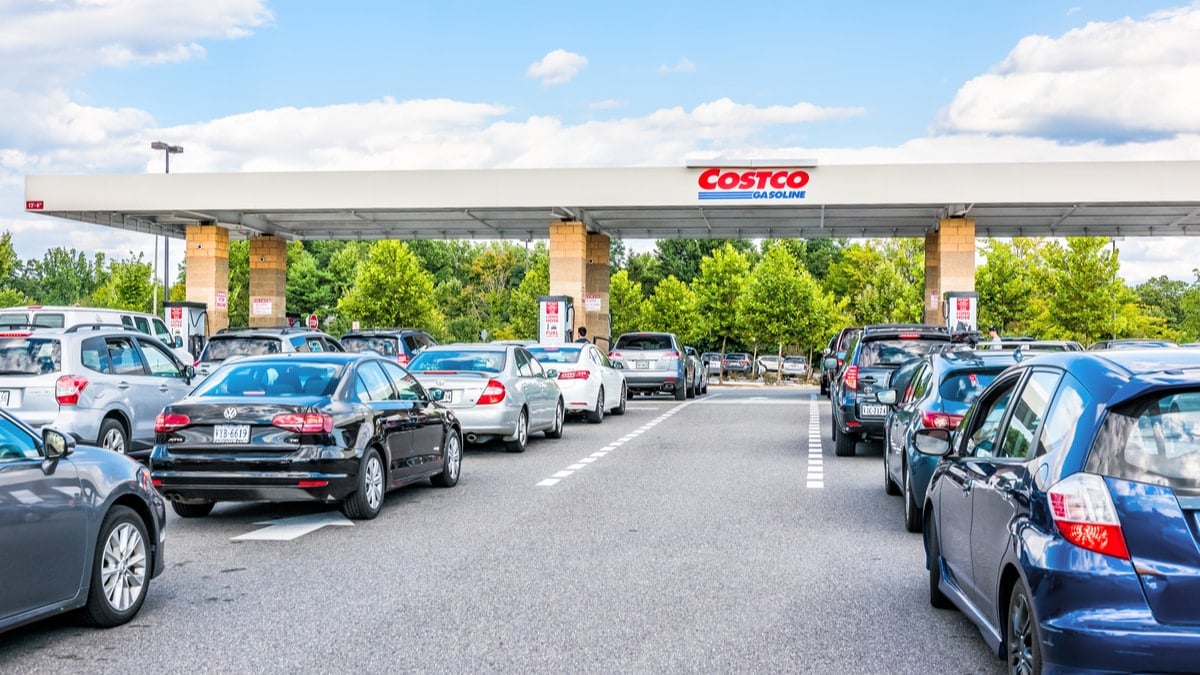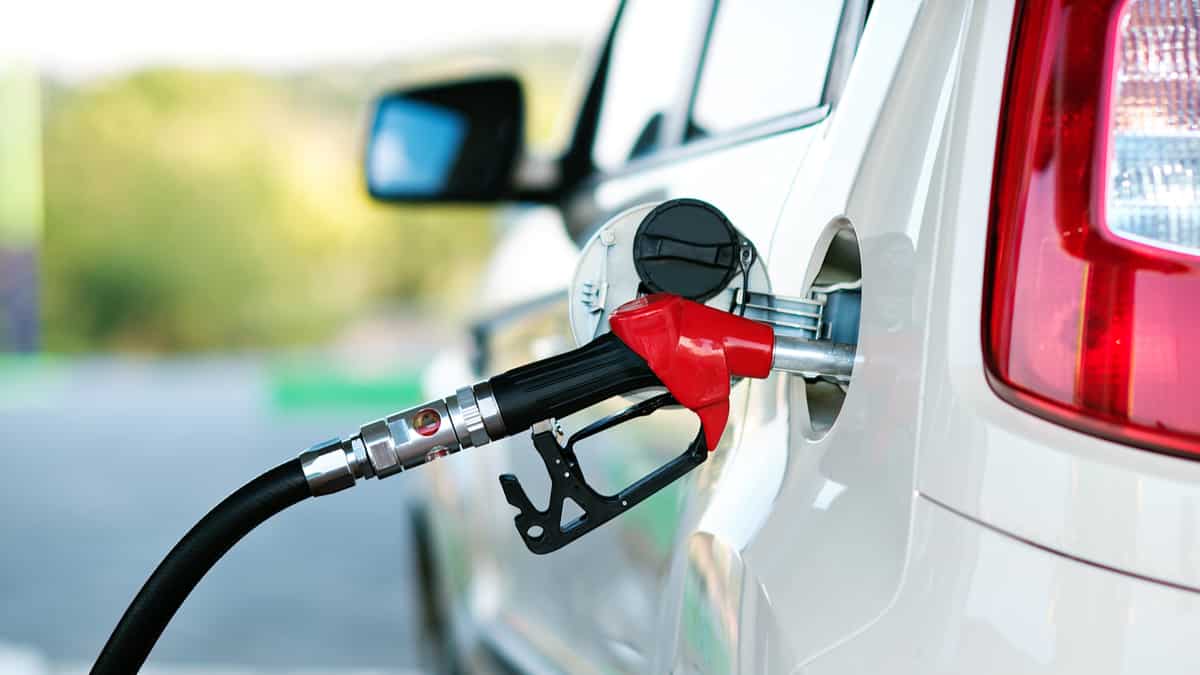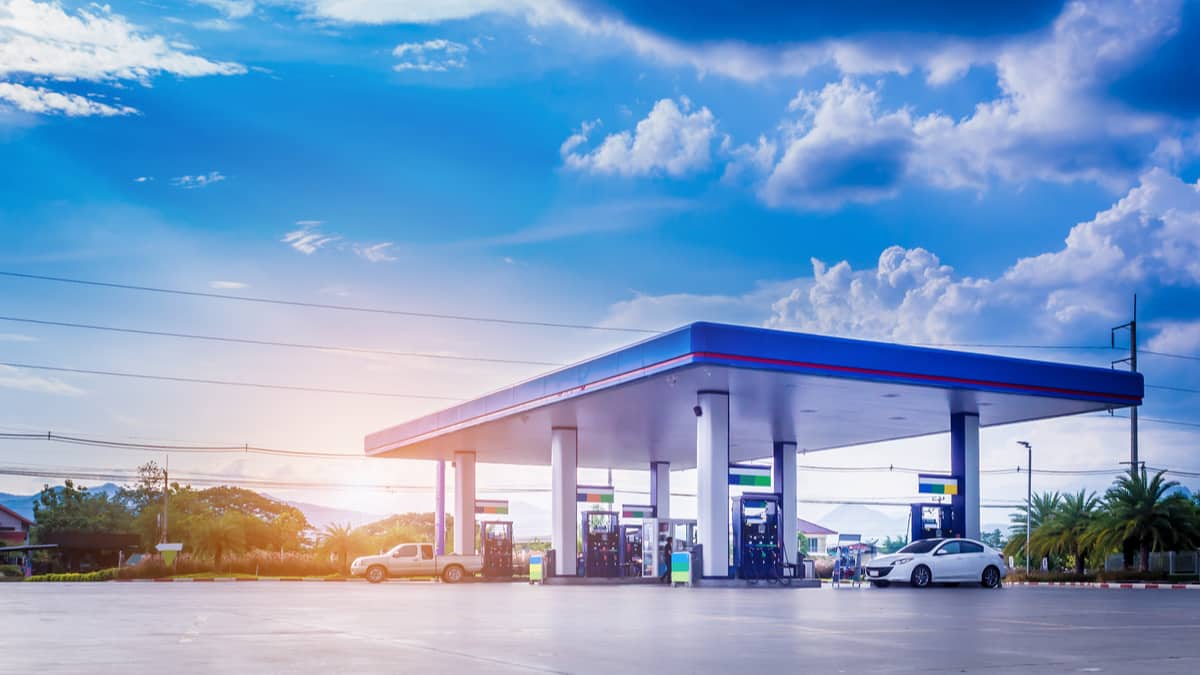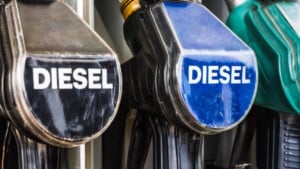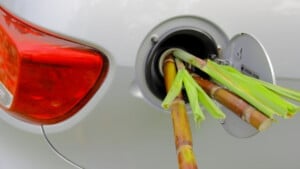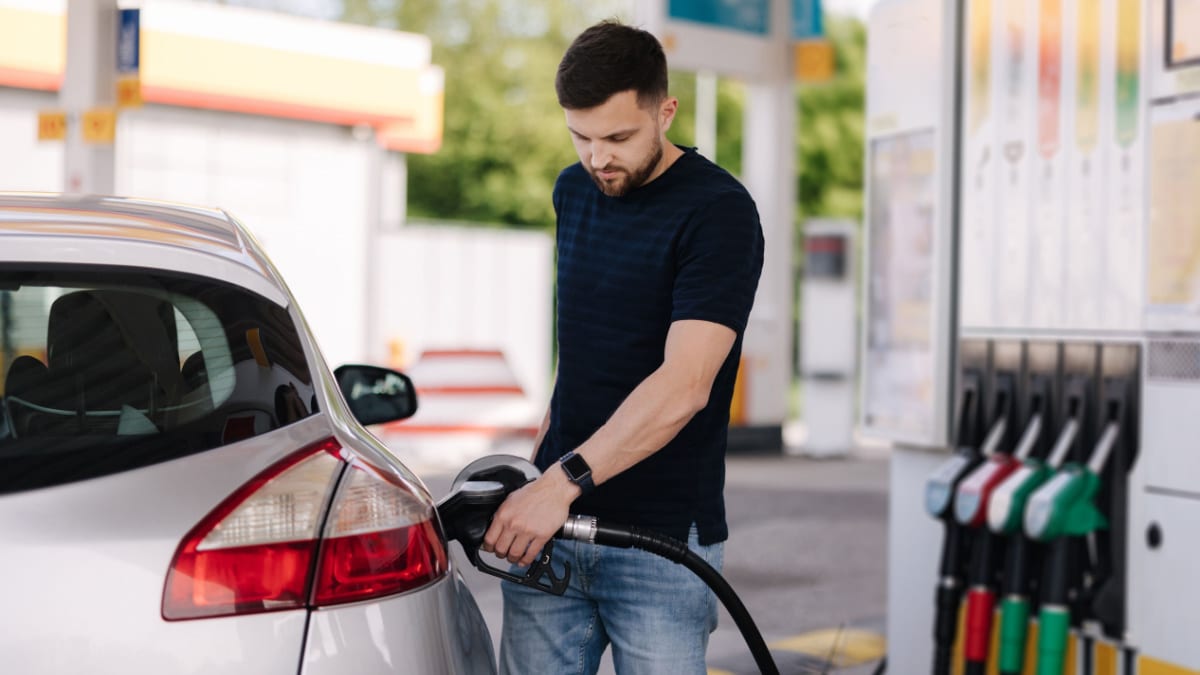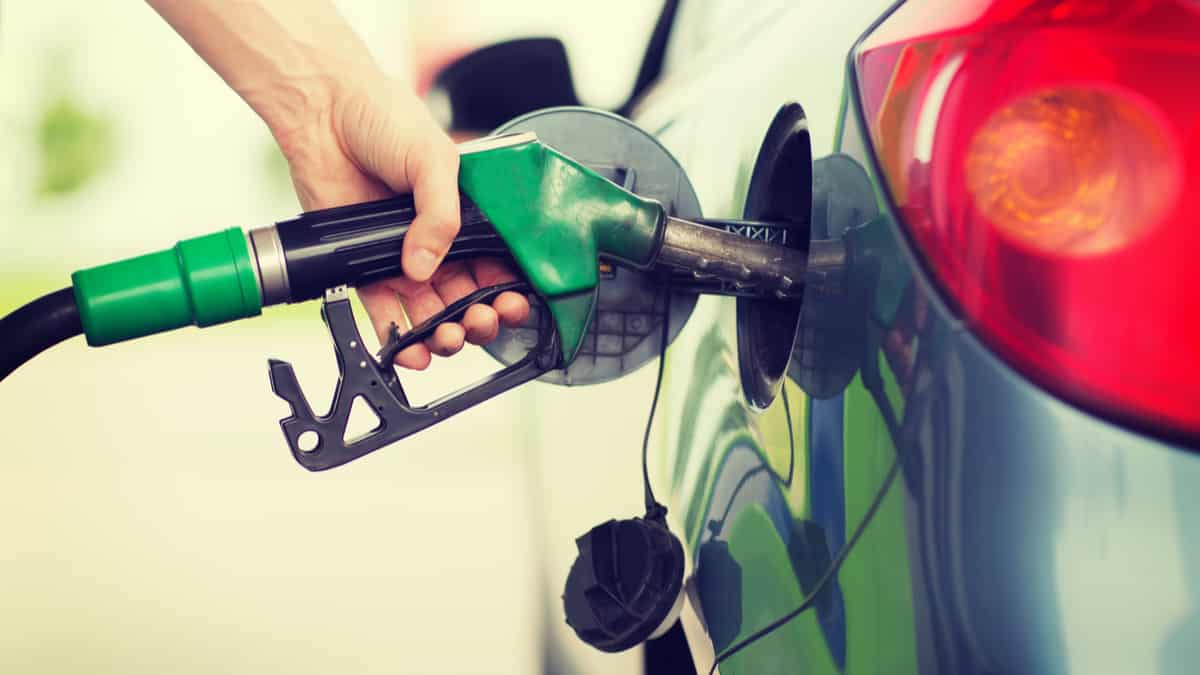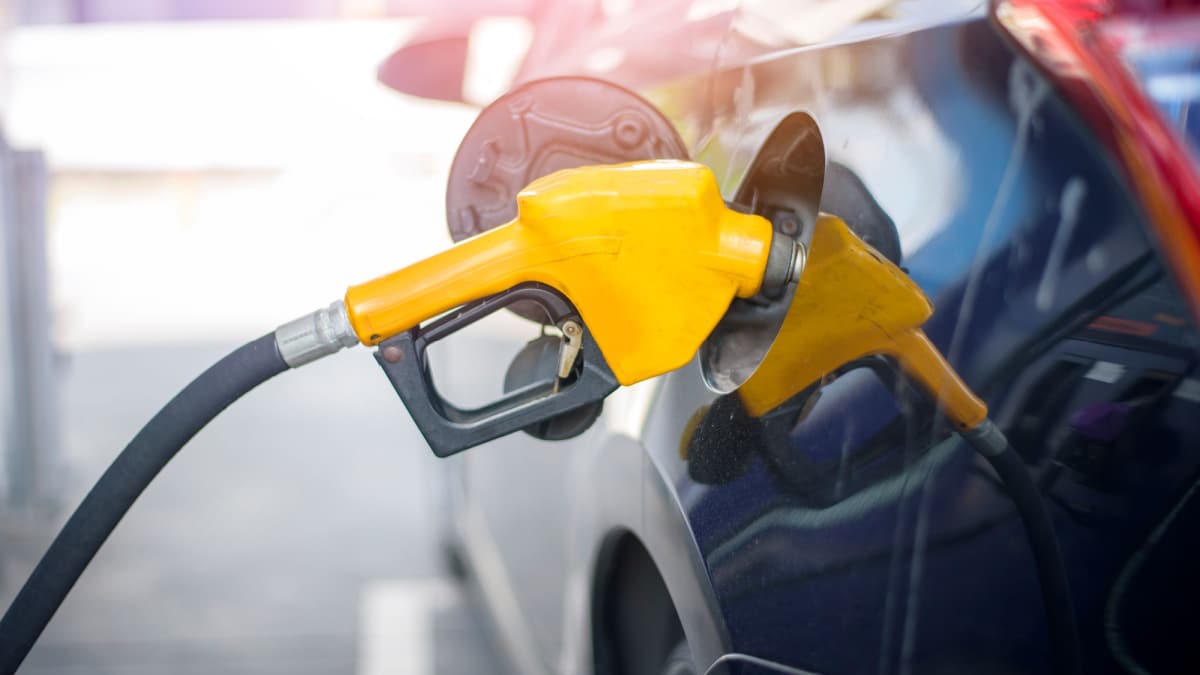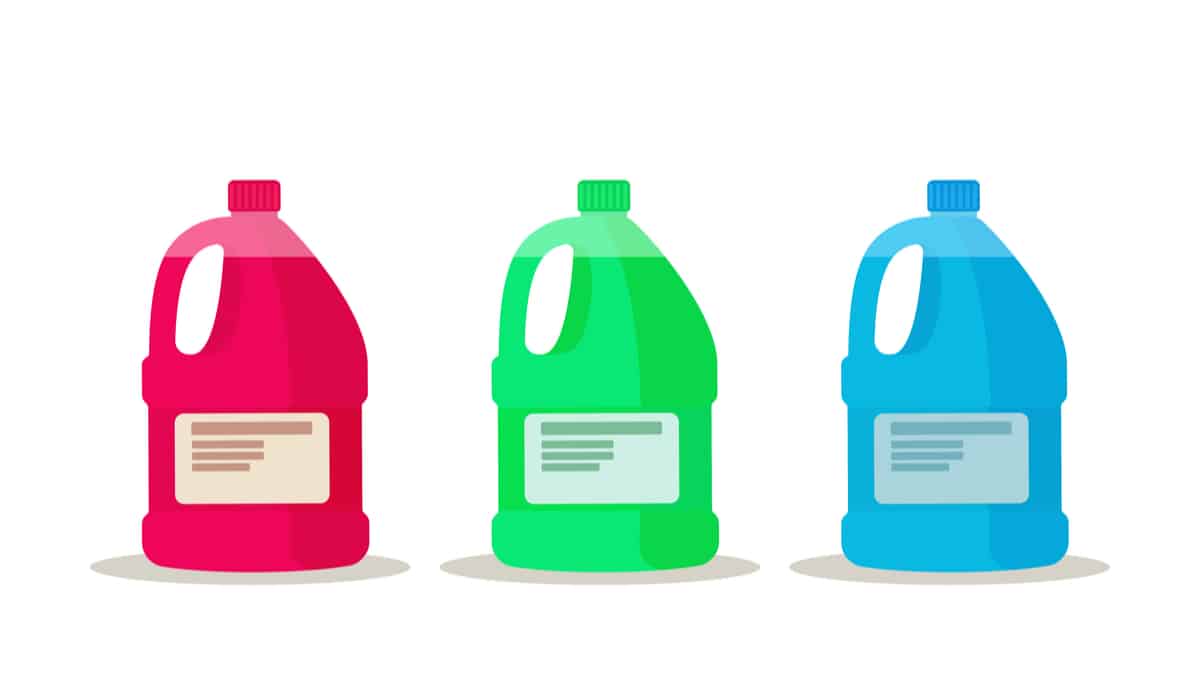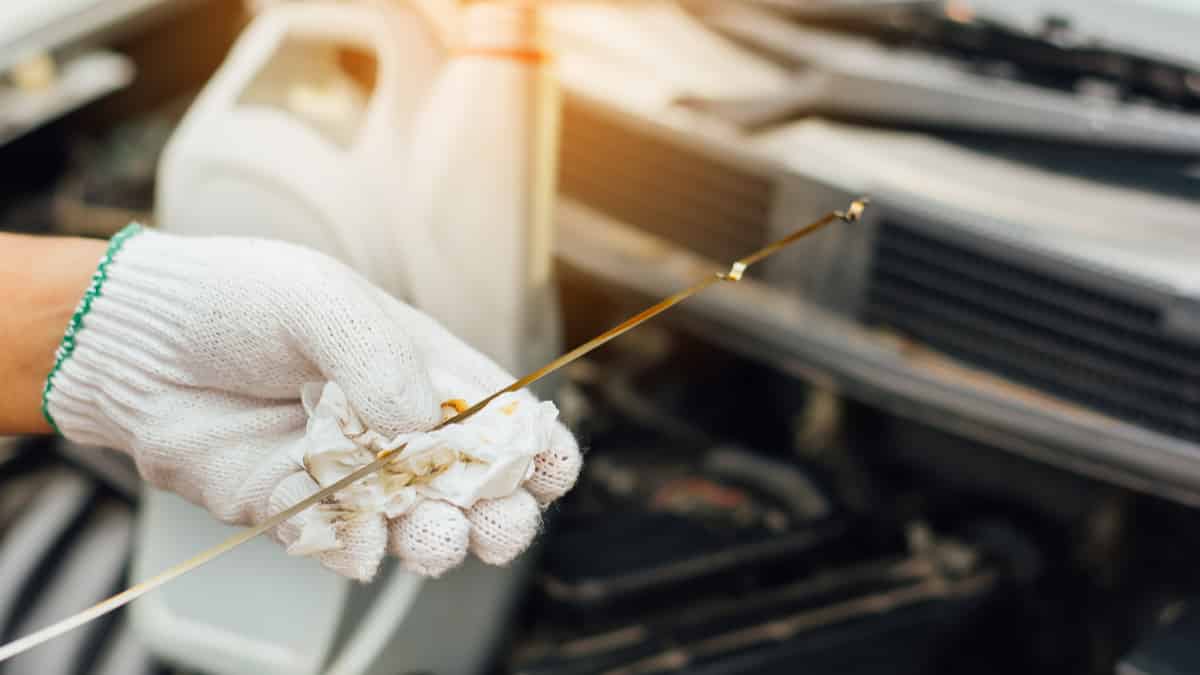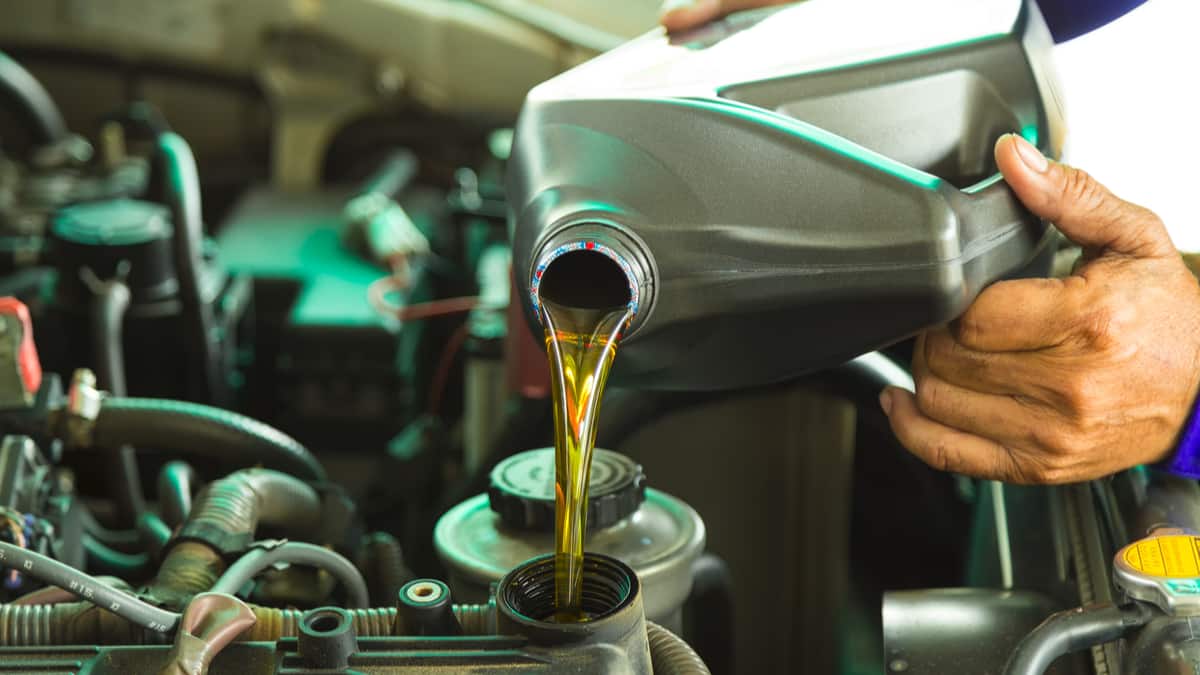In most modern cars, nothing bad will happen if you mix premium and regular gas, because most vehicles can run on either fuel. However, if you have a high-performance or an older car, you may run into problems when using regular fuel when it is supposed to use premium fuel.
When you are pulling into the fuel station, you have decisions to make. First, you need to know which pump you are going to. After that, you get to choose which fuel rating you want to put in the tank. Most cars have a specified rating that should be used, but you may not always be able to get it. In this case, it might be tempting to mix gas types. Can you mix premium and regular gas, or will it lead to trouble?
In this guide, I look closer at the ramifications of mixing premium and regular fuel. I also evaluate the differences between the two and tell you what happens if you switch them. This article will also help you figure out what type is best for your car. When you reach the end, you will have some answers to your top questions.
Can You Mix Premium And Regular Gas?
It’s not recommended to mix regular and premium gas. However, there are times when there’s little choice in the matter, such as during a fuel shortage. In many cases, switching fuel grades temporarily should have little to no impact on the vehicle.
With that said, premium cars require a higher octane fuel. If you choose something lower than what’s recommended, there could be performance issues, engine knocking, accelerated wear, and other issues.
On the other hand, going from regular to premium fuel isn’t going to hurt the engine. It will only mean that you spend more money on a tank of gas with little to no performance increase.
RELATED: Which Gas Stations Have The Best Quality Gas? (Top 5 Best)
What Happens If You Put Regular Gas In A Premium Car?
In older vehicles, trying to use regular-grade fuel when it requires premium could prove to be disastrous. Engine knock is sure to follow because of the pre-detonation. Shortly after refueling the vehicle, you would hear the knocking. Sometimes, this noise starts immediately after cranking the engine following a fill-up.
Today, cars are built a little differently. Modern vehicles are equipped with sophisticated software and sensors. If you put regular gas in your premium car, the Engine Control Unit (ECU) should make the necessary adjustments. The timing, engine performance and more will all be altered to accept the fuel as much as possible.
If you are only temporarily switching from premium to regular, you may be fine. There could be no symptoms noticed. That doesn’t mean that you should throw it all to the wind and opt for cheaper fuel. Your premium vehicle is designed to perform its best with high-octane fuel. To be safe and to get the performance you expect, it’s best to stick to what’s recommended.
What Happens If You Put Premium Gas In A Regular Car?
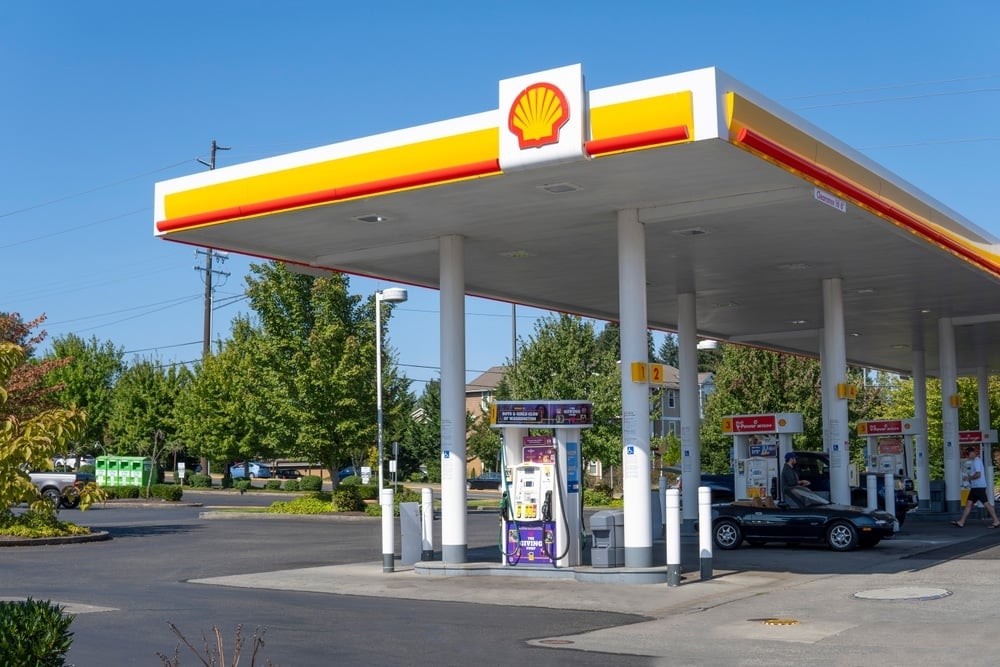
You may think that it would benefit your regular car if you put premium fuel in it. There are some occasions where upgrading to premium fuel can provide some benefits. Depending on what type of car you have, the premium fuel could accelerate slightly faster, get better fuel economy, and perform better overall.
In most circumstances, the higher octane fuel isn’t going to make any difference at all. You could spend more at the pump and not notice any difference. Still, the premium fuel shouldn’t hurt anything, so it’s okay to try if you want.
How Does Premium Differ from Regular Gas?
The biggest difference between the two types of fuel is the octane rating. Most fuel stations offer three types of fuel. These include:
- Regular: 87 octane
- Mid-grade: 89 octane
- Premium: 90-93 octane
However, each state has its own rating for premium fuel. Some start when the octane hits 90, and others wait until it is 92.
Octane ratings show the measure of the gas’s ability to handle compression in the engine before detonation. If the number is higher, it shows that the fuel handles more compression before detonating.
The majority of cars are fine to run with regular fuel. If your car has a turbocharger or heavy-duty engine, it might require higher octane fuel. These vehicles have a higher compression ratio that relies on the elevated octane number. Without it, knocking could occur.
RELATED: Will Unleaded 88 Damage My Car? Is It Safe?
How Do I Know Which Gas My Car Requires?
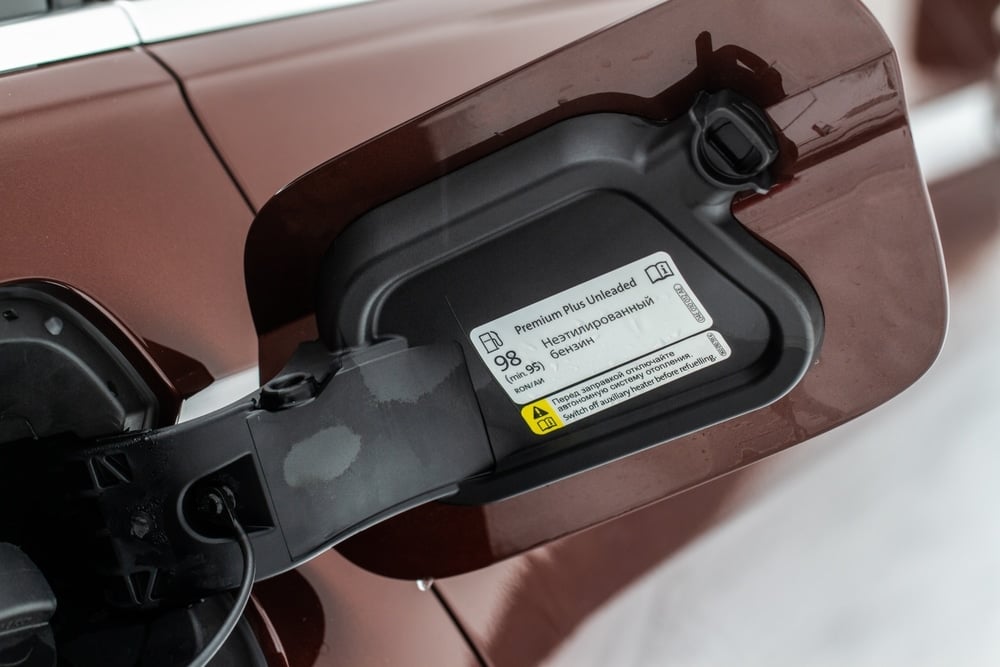
There are several ways to tell which fuel is required for your vehicle. The easiest way to find out is to look inside the fuel door. There may be a label inside the door telling you what fuel to use when you are at the gas station.
Aside from this method, you could also find the information in your owner’s manual. These recommendations are just as important as following the maintenance schedule from the automaker.
If you can’t find the information in either of these places, you have two other options. You can perform a search online. Many other drivers will gladly answer your question in a forum or perhaps you can find a platform where it’s already been discussed. Aside from that, you can call your local dealership to find out what’s recommended.
What Gas is Best for My Car?
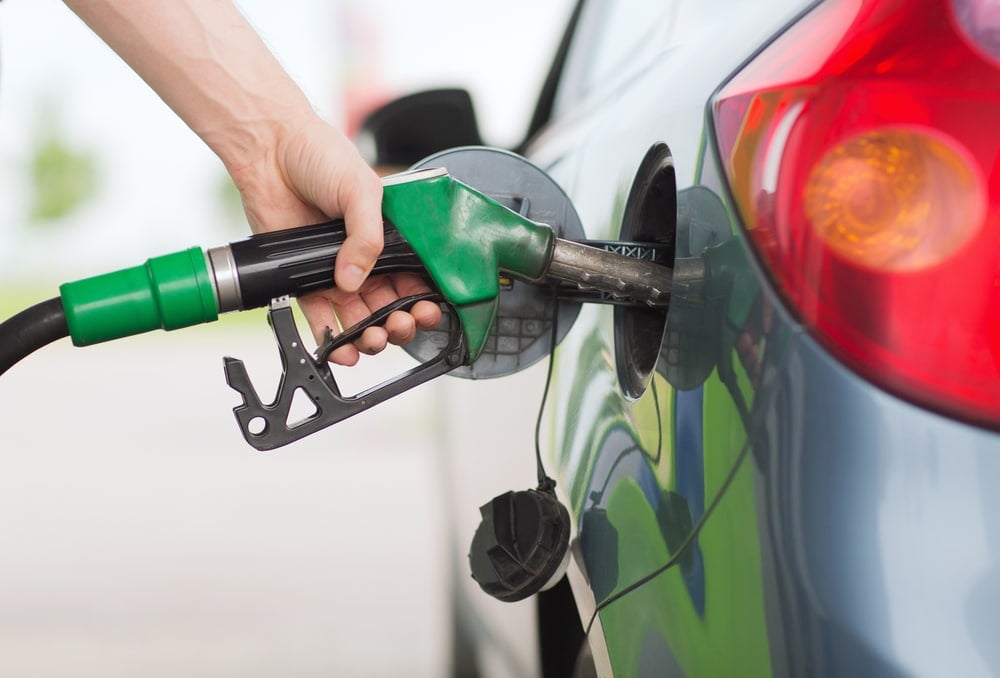
How would you choose between premium or regular fuel? I look at a few examples of when each offer is the best choice for your particular vehicle.
When to Choose Premium Fuel
If the automaker specifies that you must use premium fuel, you should never go against this guidance. If damage occurs to the car and the automaker believes it’s because of the regular fuel, your warranty coverage could be denied.
Most luxury or premium vehicles require high-octane fuel. The engine is designed to work with a higher level of compression. Plus, if your car has a turbocharger, it’s probably recommended to use a better fuel rating.
When to Choose Regular Fuel
If the automaker tells you to use regular fuel, there’s no reason to pay more for premium. Sticking with 87 octane ensures you save as much money as possible. If you want to get the best regular fuel, consider choosing a station that only sells top-tier. These brands promise to comply with the industry standards for appropriate detergent levels.
Unless you are driving a high-performance vehicle or one with a turbocharged engine, there’s usually no reason to upgrade the fuel quality. Also, you probably want to evaluate what fuel will be needed before you purchase a car, as the expense can drastically increase the cost of ownership.
When to Choose Either Fuel
There are some manufacturers that allow you to decide which fuel will be best. Instead of telling you that premium is required, you may see words such as “premium is recommended.” Notice that this is simply a recommendation, so you won’t be voiding your warranty by choosing regular fuel.
For example, Mazda is a company that leaves decisions up to its drivers. The CX-30 includes a 2.5L turbo engine that can pump out 250 horsepower plus 320 lb-ft of torque when using 93 octane fuel. If you don’t want to spend that money on the fuel, you can choose 87 octane and still enjoy 227 horsepower, along with 310 lb-ft of torque. Most people will never notice the difference between the two, but the savings will be much more noticeable.
Will Mixing Gas Mess Up My Car?
If you had to get different fuel once because of a fluke, it’s unlikely to change anything drastically. However, going to regular fuel from premium can lead to engine performance issues and knocking. In general, it’s best to stick with whatever the manufacturer recommends, especially if your car is under warranty.
Can You Use Regular Gas After Using Premium?
Cars that use premium fuel allow for higher compression before combusting. Putting in a lower grade fuel may lead to a few performance issues, but this is mainly only seen with older vehicles. Newer vehicles are better equipped to handle the difference, although it’s still not widely recommended.
Will Mixed Gas Damage The Engine?
It’s unlikely that you will cause major engine damage by switching octane ratings. However, it’s not something you want to take chances with, especially if you expect to get warranty support if something goes wrong. In general, it’s best to stick to the recommended fuel octane laid out by the manufacturer.
Can You Switch Back And Forth Between Premium And Regular Gas?
To ensure everything runs as smoothly as possible, we recommend sticking to the appropriate octane given by the manufacturer. You can find the type of gas on the fuel door or in the owner’s manual. If the automaker only recommends a certain octane, you would be fine with using either one when you fill up.
You may not think there’s a big difference between premium and regular gas, but there is. The octane rating is significantly different, with premium fuel having a higher compression rate before detonation. If you start switching premium and regular gas, you could notice some performance issues. In older vehicles, going down to a lower octane can create knocking issues that are usually discovered upon leaving the gas pump.
For these reasons, I usually recommend sticking to whatever the car manufacturer suggests. In some cases, the answer is clear-cut, while at other times, you are given the liberty to decide for yourself. If you are driving a daily commuter and don’t care about increased horsepower, it might be best to stick to the regular fuel when it’s permitted. 87 octane fuel is going to be the cheapest option. Plus, if you choose top-tier gas stations, you know you are getting the best.
Learn more:
- Is Unleaded Gas the Same as Regular?
- Can You Use Regular Gas in a Flex Fuel Vehicle?
- E85 vs. Gasoline Differences (Pros & Cons)
Categories: General
